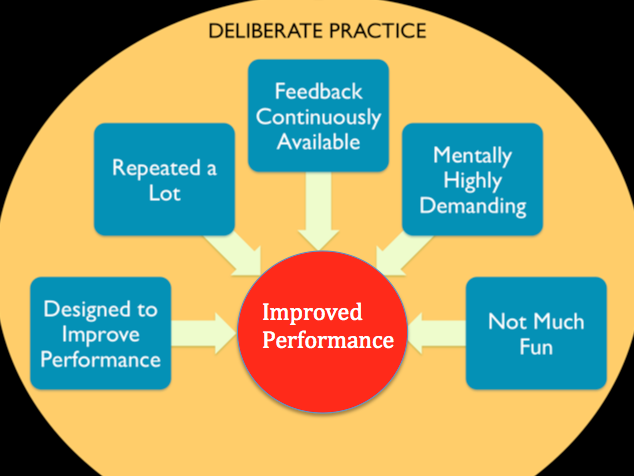 by Scott Lutostanski – Galin Education Director of Academic Consulting
by Scott Lutostanski – Galin Education Director of Academic Consulting
A saying I live my life by is “everything is a skill.” It’s very easy to see this connection when we’re looking at music, sports, or the arts. Of course playing a complex piece on the violin can be practiced. And it’s easy to see that Steph Curry practices 3 pointers like no one else the in history of basketball. However in school, academic skills — particularly math and reading — usually get the spotlight and focus. What tends to be lost in the Math-Reading push is that executive functions are also skills.
“Everything is a skill.” I tell every student I work with these 4 words. I usually start with the example of picking up a pencil or putting a piece of paper into a folder. They laugh at me when I call these skills, but they always eventually come around. This mantra isn’t to trick students; it’s to construct a new framework for them. If everything is a skill, then they can see organization, time management, planning, initiation, attention, and other executive functions as skills that can be improved. This is vital. Because when putting a piece of paper into a folder can be compared to a jump shot, it is easy to see how this can be focused on, practiced, and developed.
To help students improve executive function skills, we can rely on deliberate practice. The best description of this is from Geoff Colvin’s book Talent is Overrated. In it, he describes the five components needed to improve performance on a skill.
- It is specifically designed: It is one thing to head out to a basketball court and shoot 200 three pointers. It is another to practice a full speed cut to the right, catch and shoot with a defender in your face. Just as a sports skill can be very specific, so too can executive functioning skills. Skills must be practiced and developed in real conditions.
- It can be practiced and repeated: High repetition of the specific skill will allow it to neurologically change from a novel skill to a rote skill.
- Continuous feedback: Generally, this is in the form of a coach or video. This allows an expert to give constant feedback on practice and to accelerate skill growth.
- Highly demanding mentally: The deliberate practice should be demanding. It should be a challenge and push the individual outside of their skill abilities.
- It isn’t much fun: This is pretty simple and builds on the previous point. It is easy to do things we know how to do and are good at. It’s much less fun to practice a skill that is challenging and difficult for us.
When a student understands that EF skills are just that, the deliberate practice can being. This creates an environment that allows student to develop and improve these skills and become more successful in school.
Colvin, G. (2010). Talent is overrated: what really separates world-class performers from everybody else ;. New York, NY: Portfolio.





